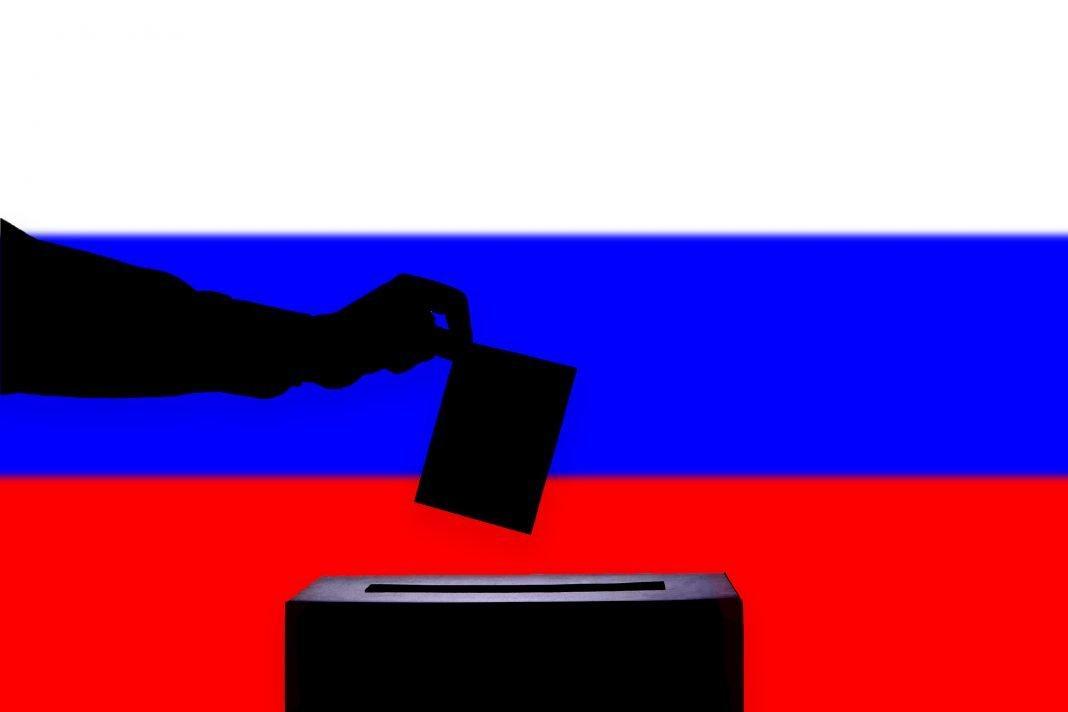A report from the Senate Intelligence Committee released last week concluded that the Russian government extensively interfered in U.S. elections from 2014 to at least 2017.
The partially redacted bipartisan report describes several findings related to Russian activities, including:
- “While the Committee does not know with confidence what Moscow’s intentions were, Russia may have been probing vulnerabilities in voting systems to exploit later… [or] may have sought to undermine confidence in the 2016 U.S. election simply through the discovery of their activity.”
- “State election officials… were not sufficiently warned or prepared to handle an attack from a hostile nation-state actor.
- “DHS and FBI alerted states to the threat of cyber attacks in… 2016, but the warnings did not provide enough information or go to the right people.”
- “In 2016, cybersecurity for electoral infrastructure at the state and local level was sorely lacking… [V]oter registration databases were not as secure as they could have been. Aging voting equipment… were vulnerable to exploitation by a committed adversary.”
While citing an “unprecedented level of activity,” the report also maintains that it found no evidence of the alteration of vote tallies, but it qualified its position by stating that “the Committee and IC’s insight into this are limited.”
The report details evidence of Russian activity targeting elections in all 50 states in 2016, and cites an inability on the part of the Committee or Department of Homeland Security to determine a clear pattern or goal. DHS representatives are quoted as saying that “there wasn’t a clear red state-blue state-purple state more electoral votes, less electoral votes” pattern.
The report concluded with a series of recommendations, including creating a policy of deterrence and responses to attacks on election infrastructure to “send a clear message and create significant costs for the perpetrator.” Strengthening cyber defenses for election-related systems, replacing outdated equipment, and providing greater funding for states were also recommended.
“I hope the bipartisan findings and recommendations outlined in this report will underscore to the White House and all of our colleagues, regardless of political party, that this threat remains urgent, and we have a responsibility to defend our democracy against it,” said committee member Senator Mark Warner in a statement.










